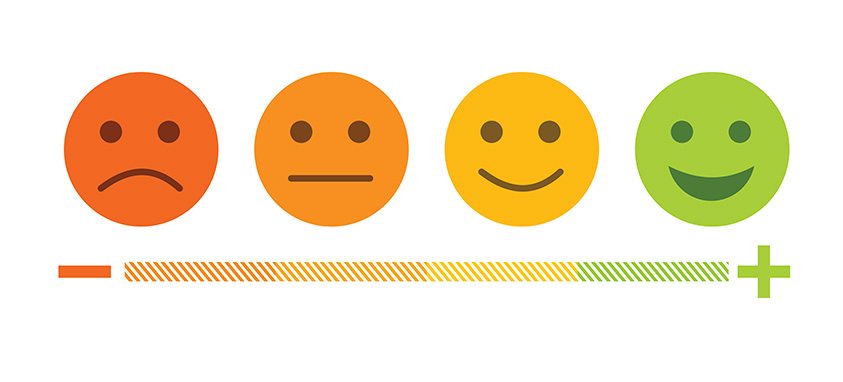The punchline “Everyone’s a critic,” has taken on a new meaning in the age of digital reviews. Everything is reviewed. And when planning a meeting or event, these tools become particularly important. For instance, would you really book a hotel with three stars on TripAdvisor? Or, reserve a restaurant with complaints of food poising on Yelp?
Compared to 88 percent in 2014, Vendasta reports that 92 percent of consumers today are reading online reviews prior to purchase. This consumer compulsion is probably here to stay.
But you might want to think twice before taking these reviews as the absolute best advice. While these websites are designed as a public platform, you should still evaluate how information is communicated, and who is writing the reviews.
Here are the factors to assess before allowing these reviews to sway all of your event decisions.
Polarized emotions: Consumers seldom leave a review when their experience is OK. Typically, they’re either severely disappointed or highly pleased. While this yields some truth, there’s an undeniable skew.
Expense: When people spend a lot of money, they will often be more critical of their purchase.
Prior research: Most people are reading reviews—just like you. If a consumer sees positive reviews, they’ll be making a purchase with an optimistic mindset. Let’s say the reviews are mediocre, the bar will be set low. So they could be set up for a pleasant surprise. Such preconceived notions probably explain why 78 percent of buyers who read reviews were satisfied with their final purchase, according to the review platform Software Advice.
Companies Can Intervene: In a perfect world, reviews would be unbiased and genuine. Unfortunately, this isn’t the case. Companies may self-report positive reviews, flag negative but true reviews or, although highly unethical, competitors can leave poor reviews. After all, websites still aren’t liable under federal law for blog posts or reports made by users.
Also, not all sites have the same review process. Check out our trust ratings.
TripAdvisor
On Trip-Advisor, users can review without proving they are legitimate customers. Plus, a 2014 American Economic Review study found that TripAdvisor included more negative reviews of hotels that had a competitor next door.
![]()
![]()
Expedia
Expedia reviews can only be left by those who book through the site. When submitting a review, users must agree to a lengthy list of terms and acknowledgements. Major concerns are the biases that are always involved in rating services.
![]()
![]()
![]()
![]()
Yelp
Yelp uses an algorithm to look for promotional material or overly negative reviews. A lot of reviews don’t even past this test—around 22 percent. Nonetheless, Yelp has a community of “elite” users that comprise most of the visible feedback. According to a study by Michael Luca, an assistant professor at Harvard Business School, the most influential and “recommended” write-ups are by those with special status.
![]()
![]()
![]()
Angie’s List
Since Angie’s List is a subscription-based review service, it’s a little easier to regulate. Reviewers must provide their real name and affirm that their feedback is a genuine reflection of their experience. Each year, Angie’s List even conducts an external audit to ensure that ratings are free from manipulation.
![]()
![]()
![]()
![]()
Uber
Driver testimonials are from other travelers without intervention (as far as we know). Still, there are a few things to consider. For one, drivers with a rating less than 4.6 stars, out of 5, get fired. So in a big way, it’s not really a ranking out five. This high standard might be attributed to the fact that most people are satisfied with getting from point A to B. Another thing to consider is how personal these reports can be. For example, while some may enjoy engaging in conversation with the drivers, others may find themselves irritated by the interruption.
![]()
![]()
![]()




